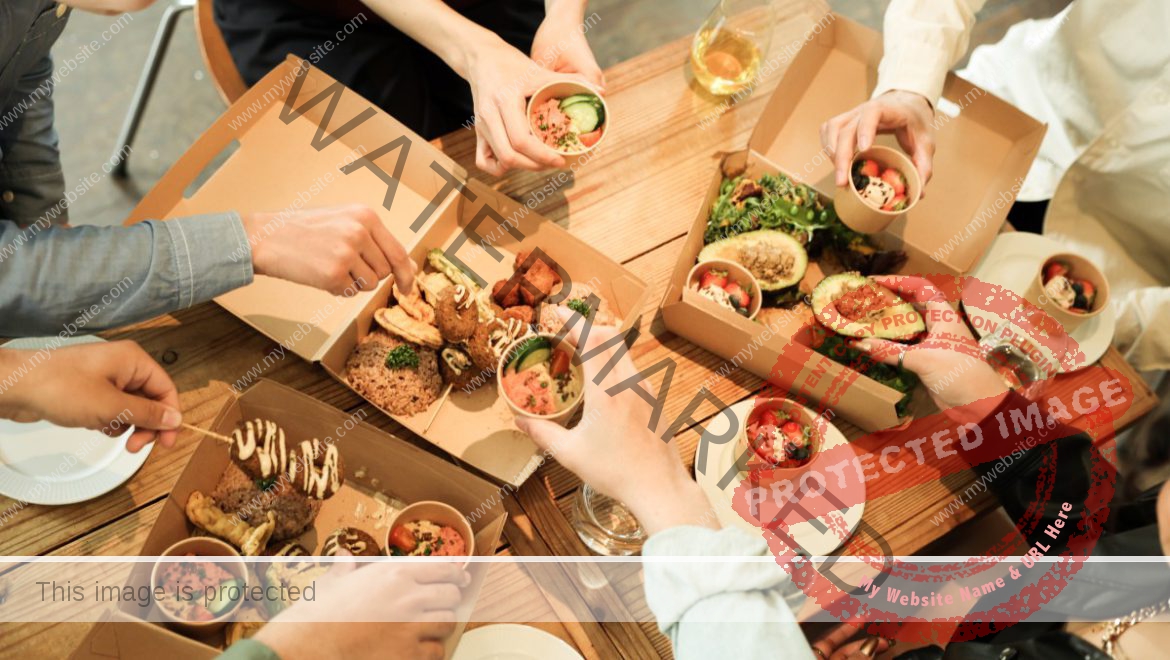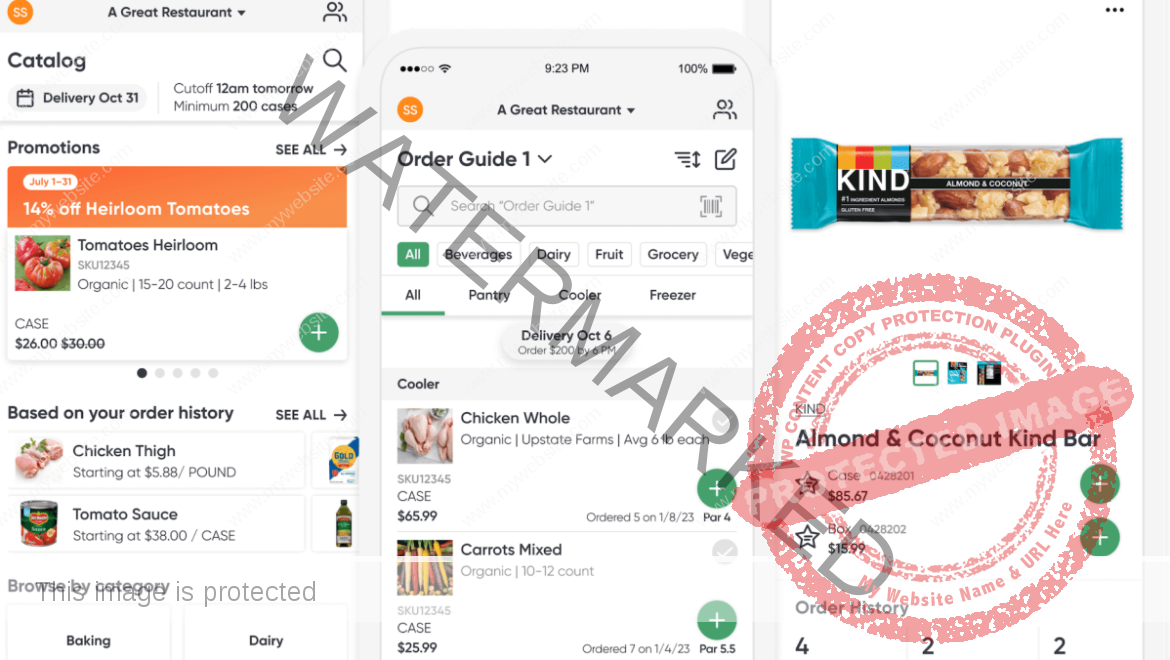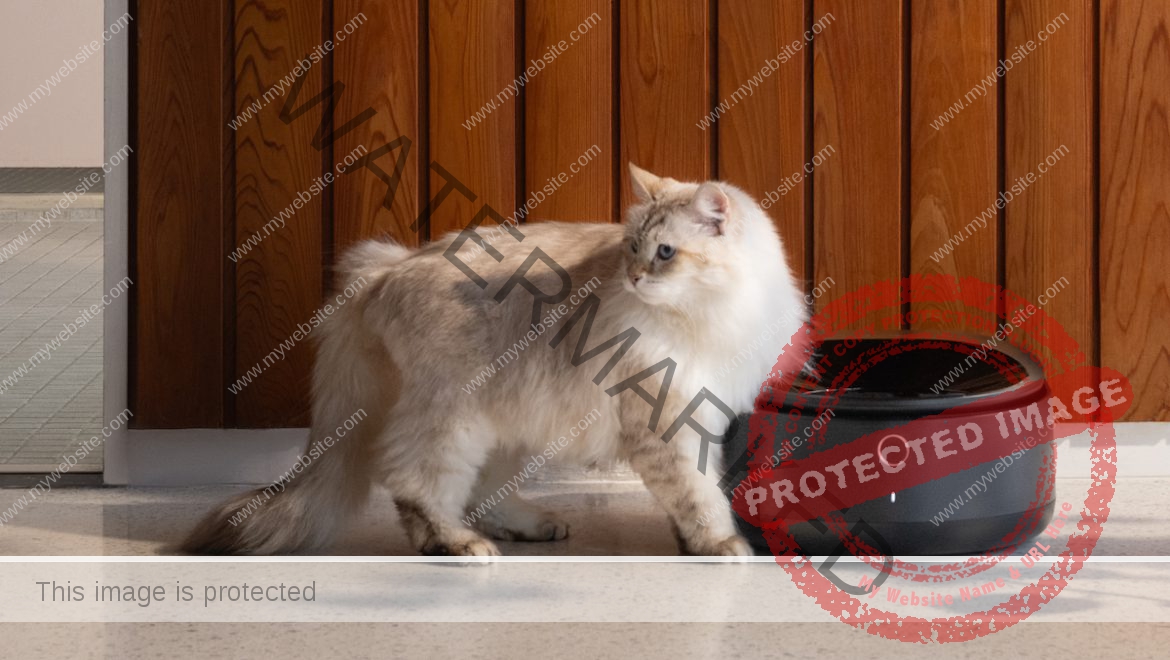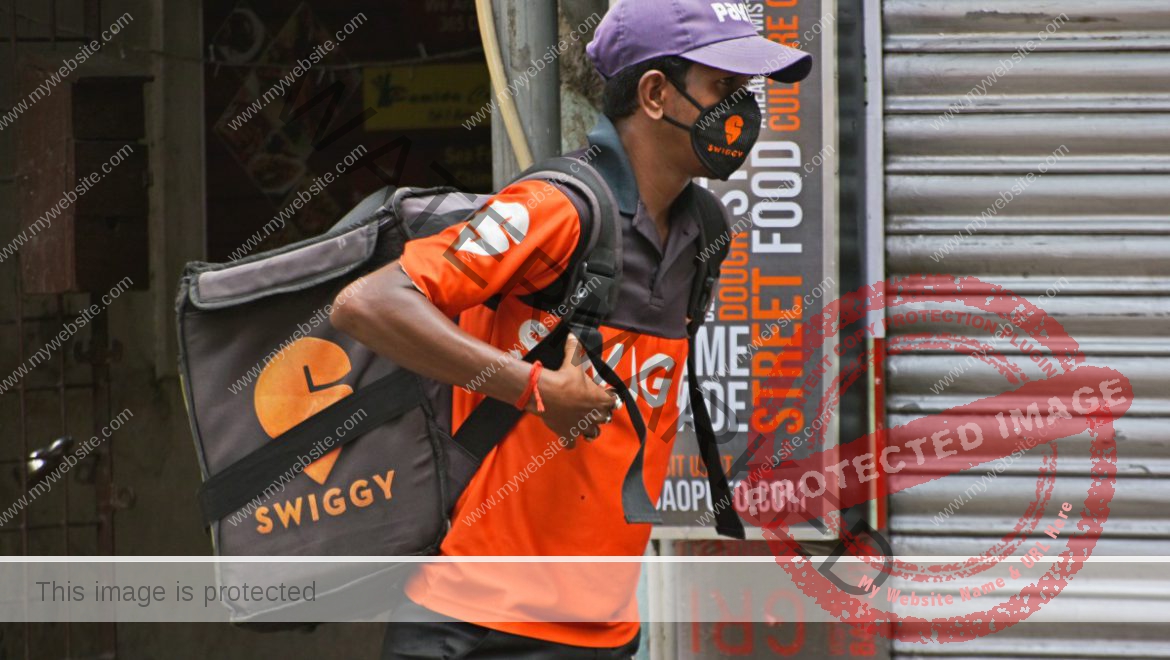Food is significant to Nigerians, with households spending nearly 60% of their income on it, the highest globally, according to official reports. This strong affinity for food, coupled with the rise of online shopping, sets the stage for Nigeria’s food delivery market to potentially reach $2 billion to $3 billion by 2032.
Despite the promising market size, there isn’t a clear leader yet. However, Lagos-based Chowdeck, backed by Y Combinator and armed with a $2.5 million in seed investment, aims to make its mark in a space that has burned heavyweights like Jumia and Bolt.
Founded by Femi Aluko, Olumide Ojo, and Lanre Yusuf, Chowdeck offers consumers the convenience of ordering food and having it delivered to their doorstep within an average of 30 minutes. CEO Aluko shared that the inspiration for launching the startup came from his experience of quick deliveries and exceptional customer service during a work trip to Dubai.
Aluko explained, “Ordering food in Nigeria would usually take one or two hours. But each time I ordered food during my three-month stay in Dubai, I consistently received it on time. If there were any delays, the restaurant would call me to apologize. It was impressive to see, and I wondered if we could replicate the same level of service in Nigeria.” In the first half of 2023 alone, Nigerians spent over ₦60 trillion on food and household items, per the country’s top agency for official statistics.
Aluko and his co-founders initially experimented with the concept by using a few bikes and partnering with two restaurants. After refining their approach, they officially launched the first version of the product in October 2021. Since then, the platform has experienced significant growth, with more than 3,000 riders joining and over 500,000 users (Aluko says over 100,000 are active on the platform).
Less competition, more growth
Chowdeck’s remarkable growth is evident, especially in a competitive market where, at its launch, major players like Jumia Food and Bolt Food already had a strong foothold with thousands of customers.
Additionally, given the industry’s reputation for thin profit margins and infrastructural challenges like traffic and poor roads causing delays in delivery times, the key question was how Chowdeck intended to navigate these obstacles and carve out its niche.
Later entrants in a market have the advantage of learning from the experiences of earlier players. Unlike its predecessors, Chowdeck recognized the importance of maintaining positive unit economics from the outset. While other food delivery platforms often relied on high discounts, Chowdeck opted for a different approach: optimizing its business model to ensure sustainability by minimizing discounts and only offering them on behalf of its partner restaurants when necessary.
“We took the time to figure out the right economics for our delivery business, which is why we’re not big on offering unrealistic discounts,” explained Aluko, a former principal engineer at Stripe subsidiary Paystack. “This approach kept us focused on selling and targeting the right customers rather than trying to capture everyone, which could’ve compromised our economics and marketing strategies.”
By the end of 2023, Jumia Food and Bolt Food had exited the Nigerian market citing various business reasons, leaving Glovo as Chowdeck’s main competition. Both exits partly contributed to Chowdeck’s twofold user growth within the last six months.
Prioritizing convenience
Aluko stresses that Chowdeck’s appeal lies in its convenience. While not necessarily the most cost-effective option, he added that Chowdeck targets customers who prioritize time and are willing to pay for fast deliveries.
The startup’s delivery system relies on factors such as geotagging, offering diverse vehicle options from bicycles to motorbikes, and enforcing strict regulations on vendors and riders. (For example, vendors must accept orders within a five-minute window; failure to do so leads to order cancellation and decreased priority for the vendor.)
Similarly, Chowdeck employs automated processes to streamline customer-rider connections, utilizing in-house data for daily demand forecasting and required supply assessment. If, for instance, an average rider completes eight deliveries daily and the platform anticipates 10,000 deliveries, at least 1,250 riders need to be available for that day.
Chowdeck’s logistics setup not only benefits small food vendors and larger quick-service restaurants like Burger King and Chicken Republic but also extends to supermarkets such as ShopRite and pharmacies. The startup, operating across eight cities, has applied lessons from its flagship business to launch delivery services in supermarket/grocery and pharmacy verticals. In 2023, Chowdeck had more than 1,500 active vendors across the three verticals; additionally, it introduced a relay service for intra-city package movement in Lagos.
Rider earnings
Last year, the platform’s annual gross merchandise value (GMV) across these verticals stood at over ₦7 billion ($5.8 million). That October, it hit a milestone, crossing the ₦1 billion ($830,000) mark for the first time. By March 2024, it had doubled that figure, reaching ₦2.4 billion ($2 million). Lagos generates 80% of Chowdeck’s volumes, while the remaining 20% comes from other cities: Abuja, Port Harcourt, Ibadan, Benin City, Ilorin, Abeokuta and Asaba.
Chowdeck, with a take rate of 24%, saw its revenues surge by 1,200% between 2022 and 2023, according to Aluko.
As a fast-growing business, Chowdeck intends to use the newly raised capital to improve its operational efficiency and extend its reach to more cities across Nigeria. Yet, the on-demand delivery service is also committed to leveraging the investment to better the experience for its customers, vendors, and particularly delivery riders, whose earnings currently exceed three to five times Nigeria’s monthly minimum wage, Aluko noted.
“After a few months of building Chowdeck, it was clear the level of impact we were going to have and teething problems we could solve at scale in the country, especially around earnings,” remarked Aluko. “For many people, including us, it was interesting to see our riders getting paid between ₦100,000-200,000 monthly ($83-$170) regularly and profitably.”
The seed round attracted investment from notable backers, including YC, Goodwater Capital, FounderX Ventures, HoaQ Fund, Levare Ventures, True Culture Funds and Haleakala Ventures. Founders such as Simon Borrero and Juan Pablo Ortega (of Rappi), Shola Akinlade and Ezra Olubi (of Paystack) also joined the investor list.
















